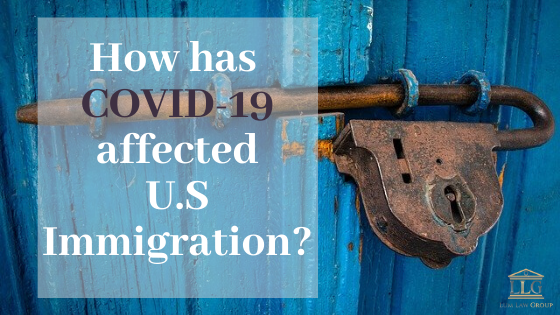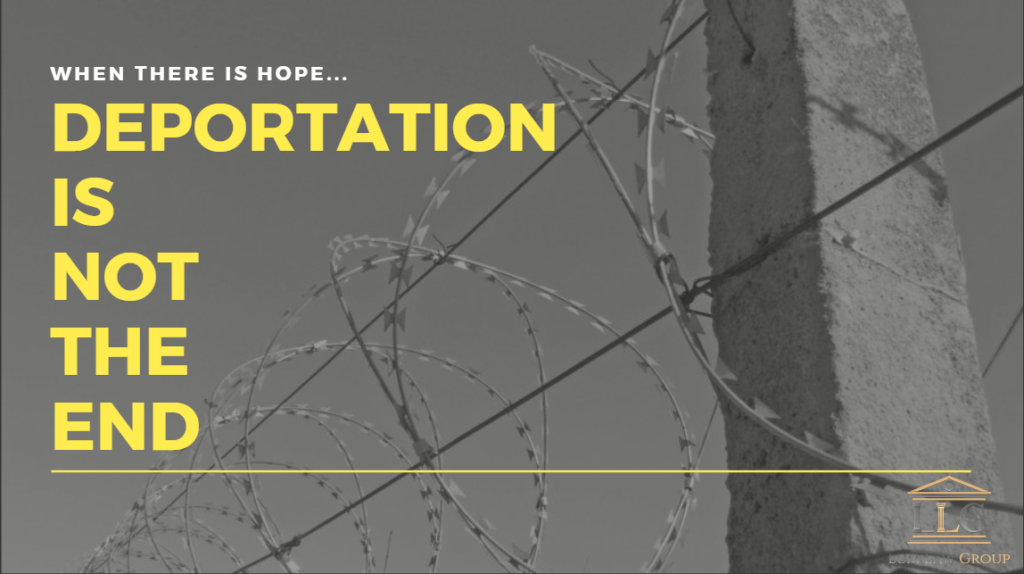How has Coronavirus affected U.S. immigration?

The COVID-19 pandemic has resulted in a halt in our daily lives, and significant (temporary) changes to the U.S. immigration system. In this article, we have compiled coronavirus related immigration changes by category, or circumstance. However, we do not go into specifics as it would depend on your individual situation and would require our attorneys’ […]
Deportation is not THE END – When there is hope

Deportation has become a source of tears, hardship, and anxiety for many of our clients in recent months. The new administration has tightened policies, increased the number of ICE arrests, and limited the amount of discretion at the disposal of individual officers. As a result, we have seen an increase in the number of detainees […]

